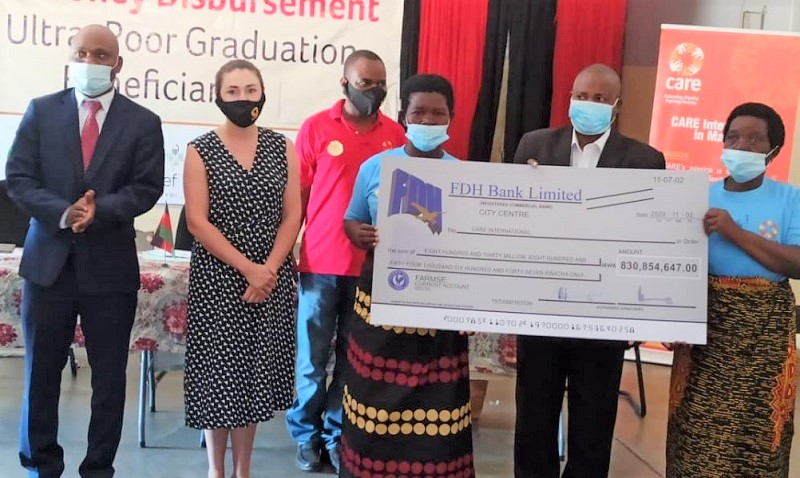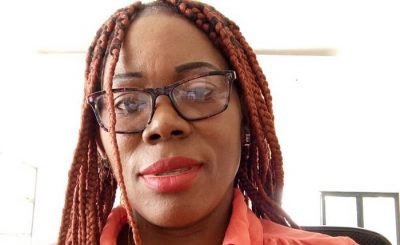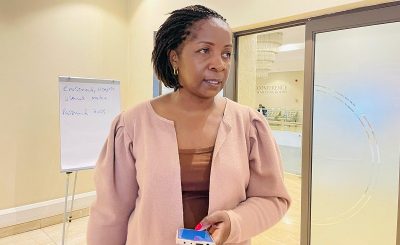Government has revised upwards the number of beneficiaries in the ongoing seed money disbursement exercise under the Ultra-Poor Graduation Programme from the initial 15,000 households to 18,000.
National Programme Coordinator for Financial Access for Rural Markets, Smallholders and Enterprise (FARMSE) Programme Dixon Ngwende disclosed this in Salima District during the launch of a K830.8 million seed capital disbursement to targeted beneficiaries of Salima and Chikwawa Districts.
Ngwende said 18,000 households are expected to be targeted to move out of both poverty and the Social Cash Transfer Programme (SCTP) to self-reliance.
He said that FARMSE discovered that there are a number of households under the Social Cash Transfer Programme that are capable of graduating from ultra-poverty.
“That is why we decided to adjust the number to 18,000 in fact if resources were available we will be talking of expanding much more than 18,000,” said Ngwende.
On his part, ministry of Finance director of pensions and financial sector policy division Alfred Kutengule said measures have been put in place in order to ensure effective implementation of the project.
“Under this programme, there are different levels, we have teams at national level, we have programme implementing unit, we are also working with the District Council and it goes down to the ADC (Area Development Committee),” he said.
“We are expecting that at all the levels these people will be monitoring and see that the people are doing what is expected of them.”
Seed Money under the Tidzidalire project will be disbursed by CARE Malawi.
CARE Malawi Assistant Country Director for Programmes Jessica Swart said the organisation will be working with mobile money operators and NBS Bank to disburse the money directly to trained beneficiaries.
One of the beneficiaries, Judith Ephraim said the rolling out of the Tidzidalire project will empower their households economically through their businesses.
A total of 2,124 female headed households are expected to benefit from the project in Salima and Chikwawa districts.





